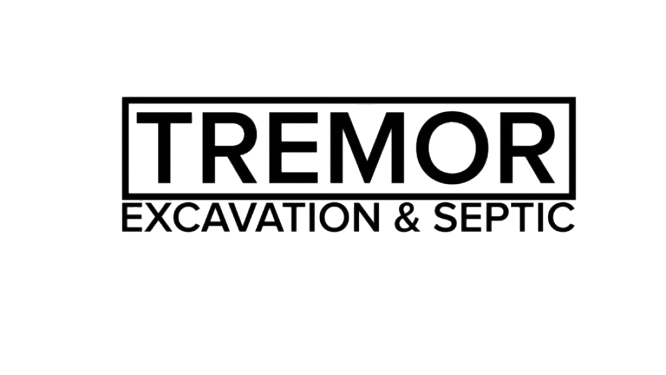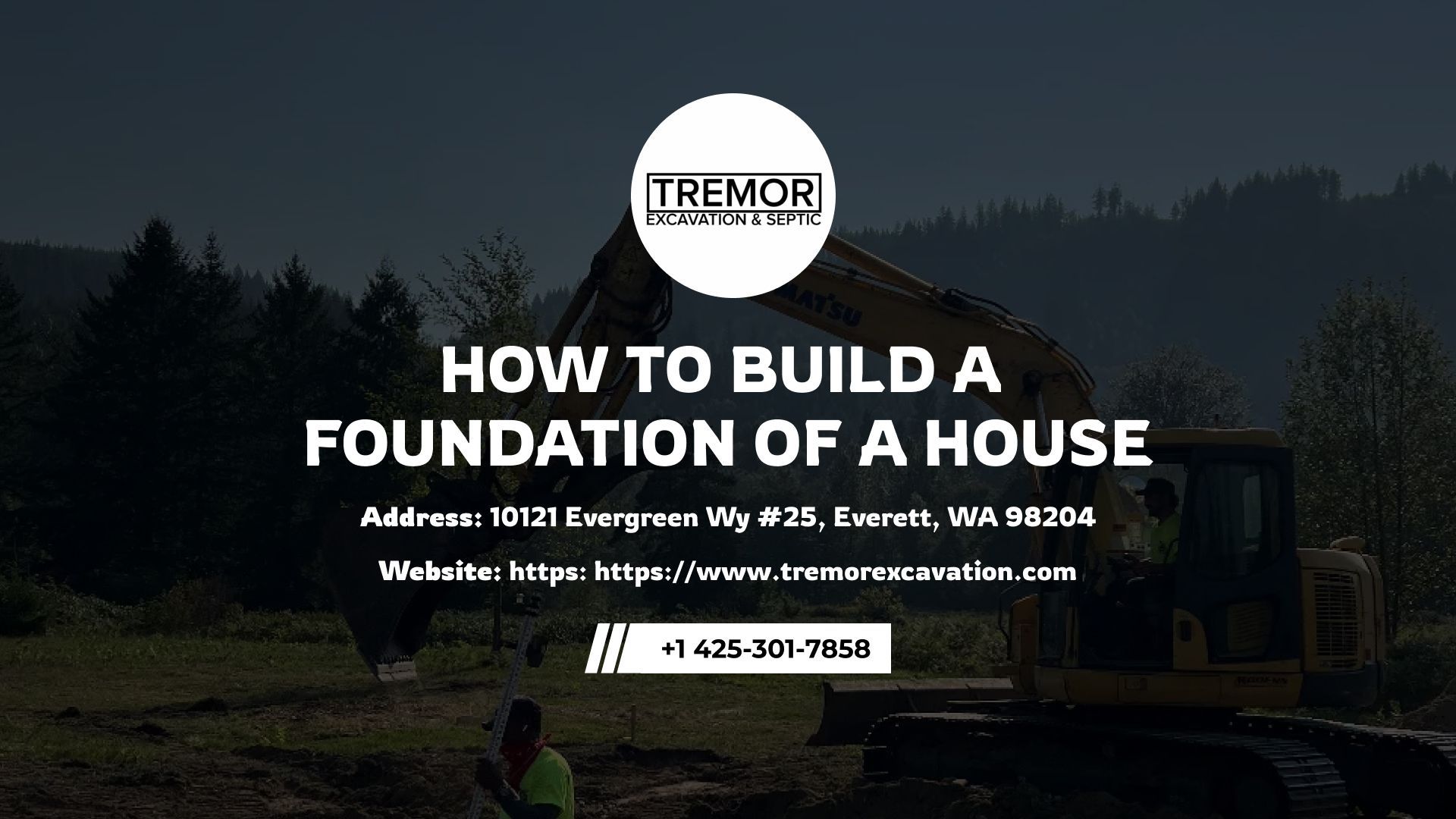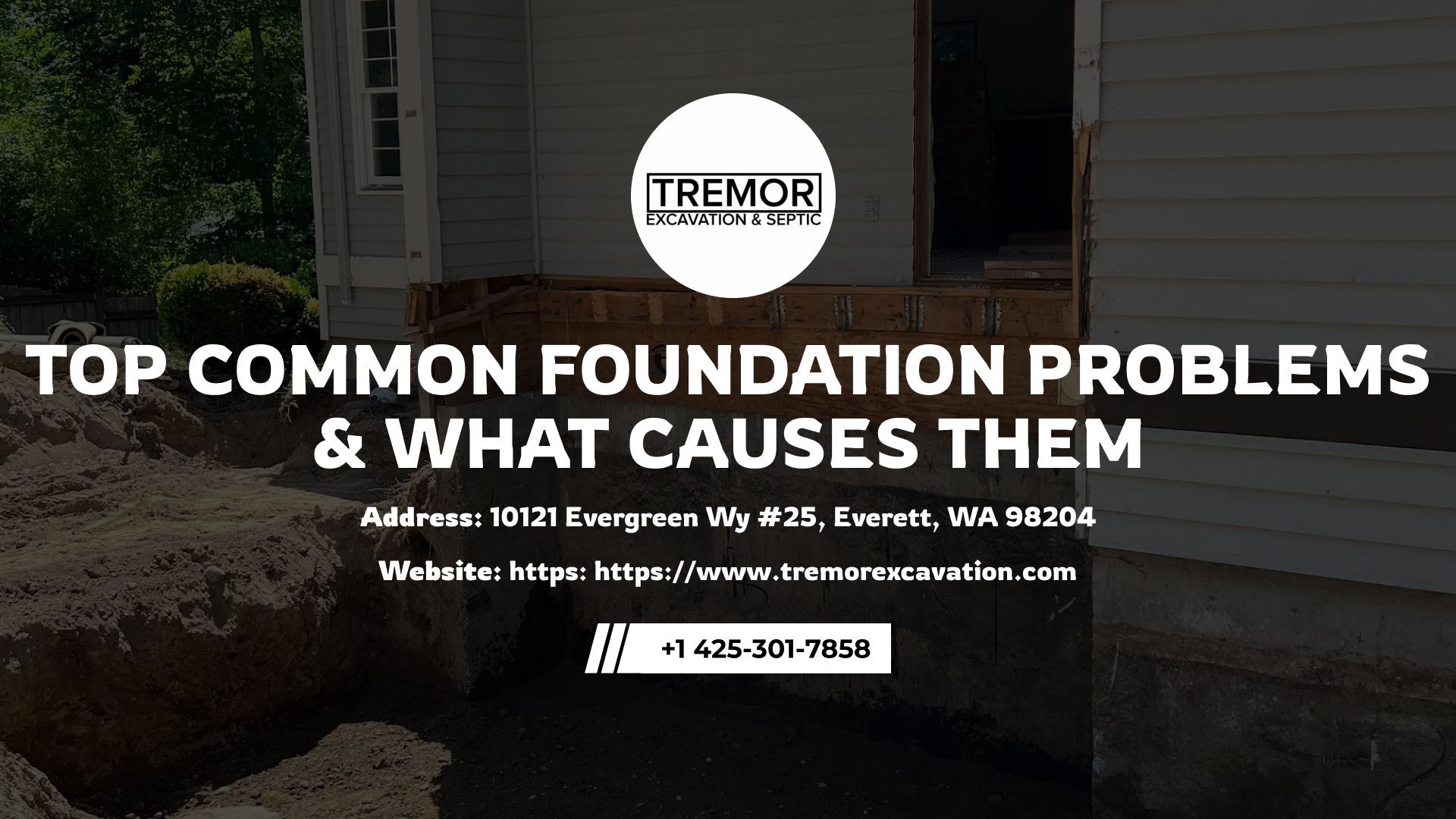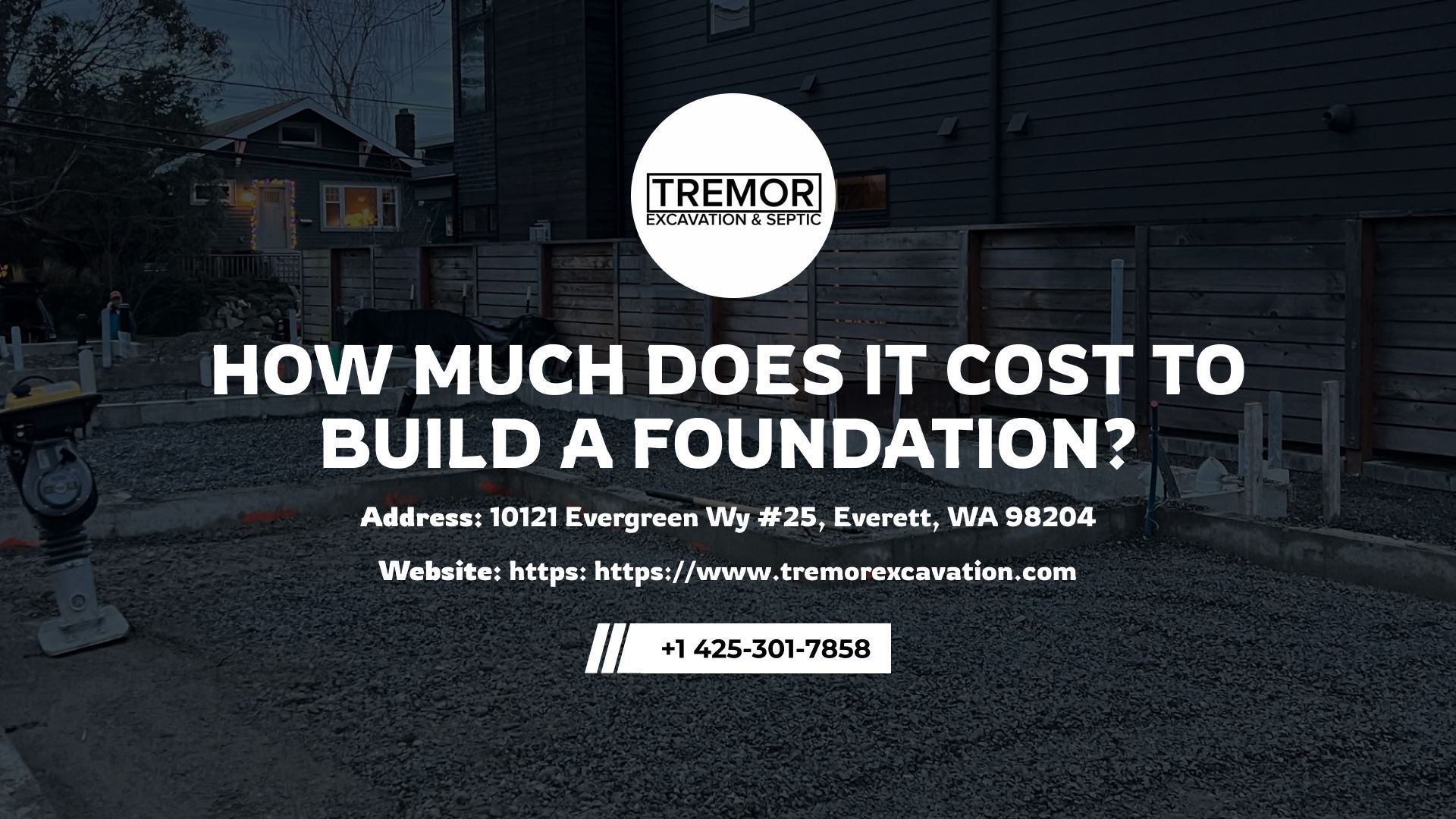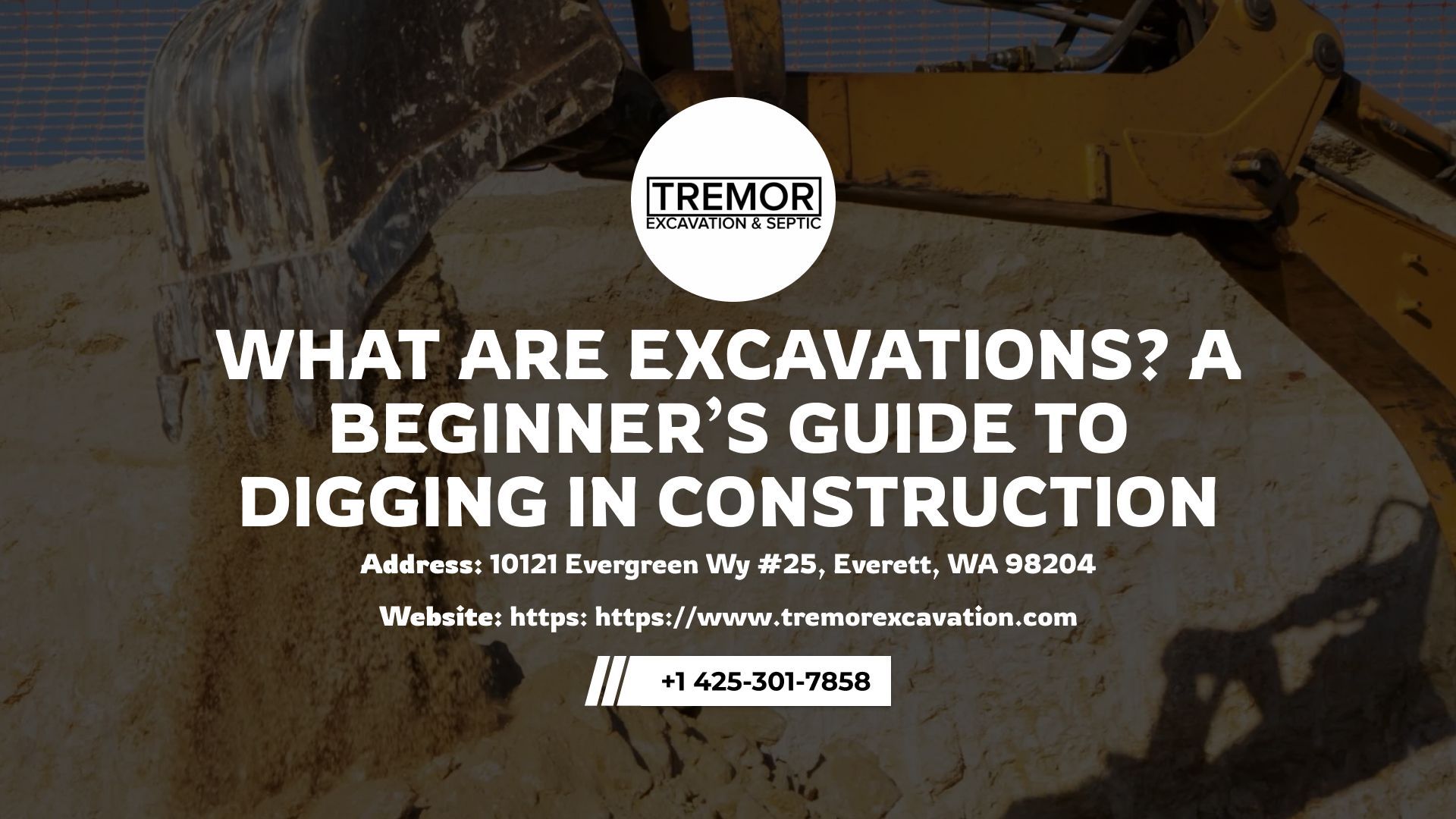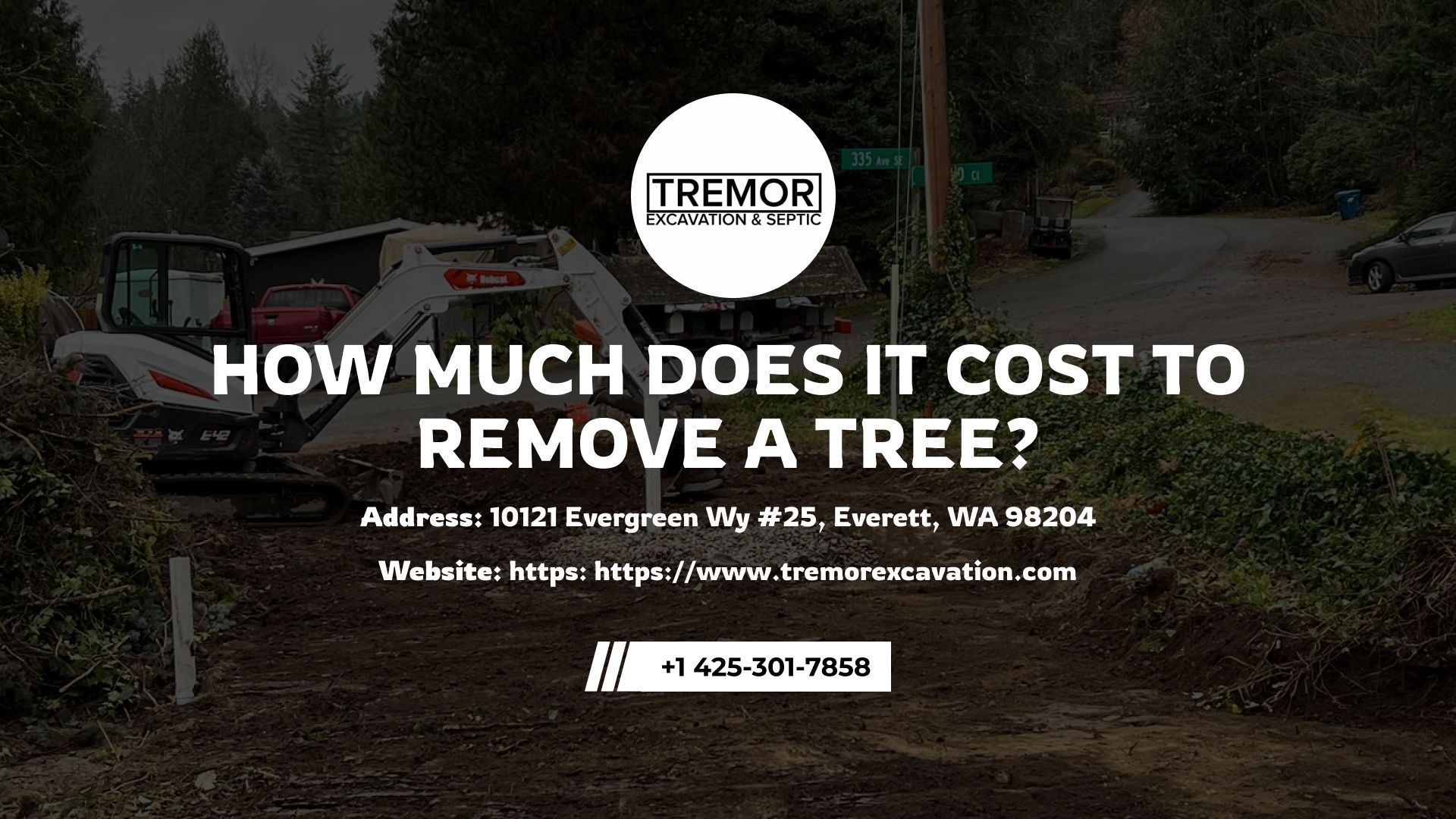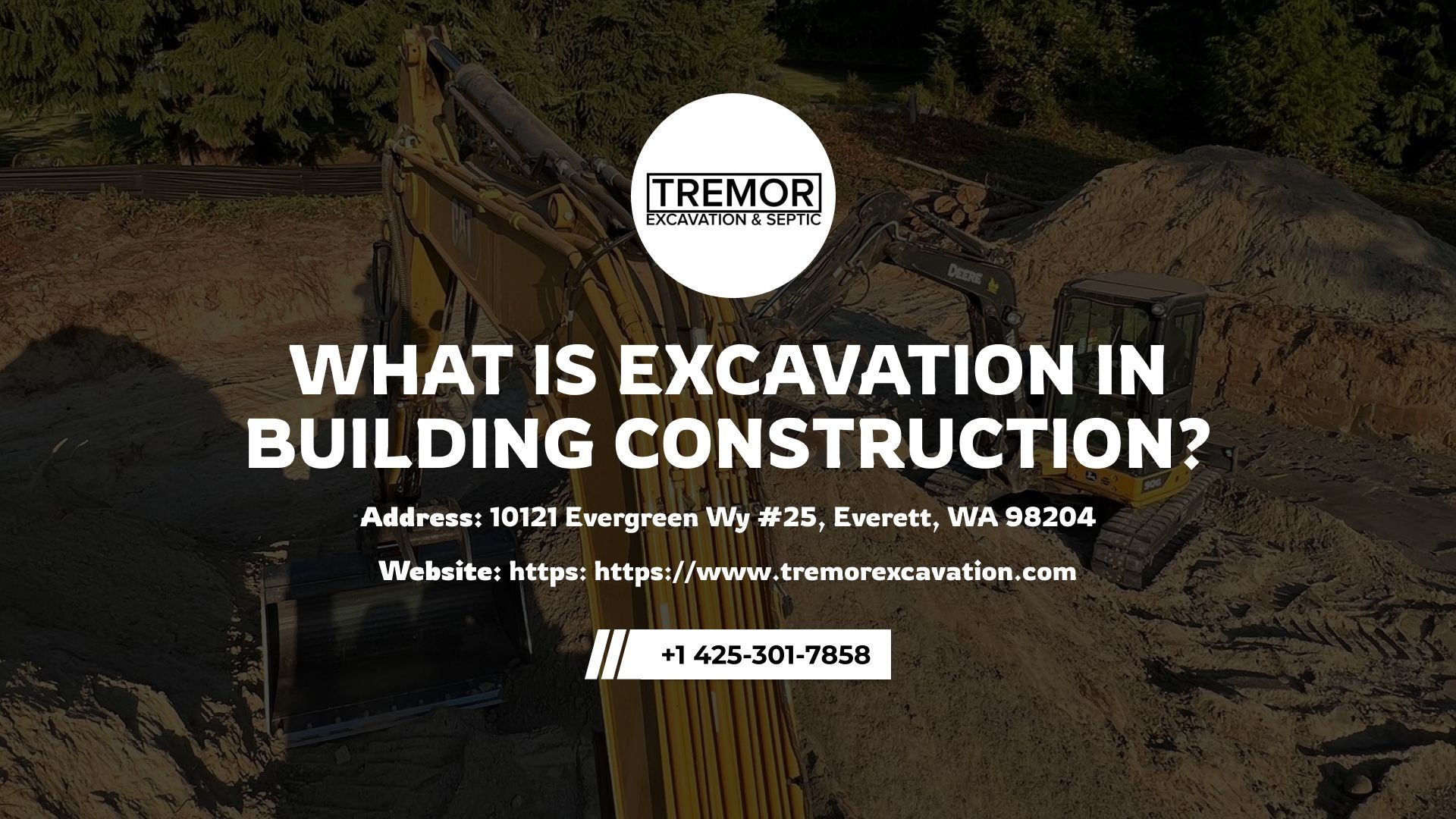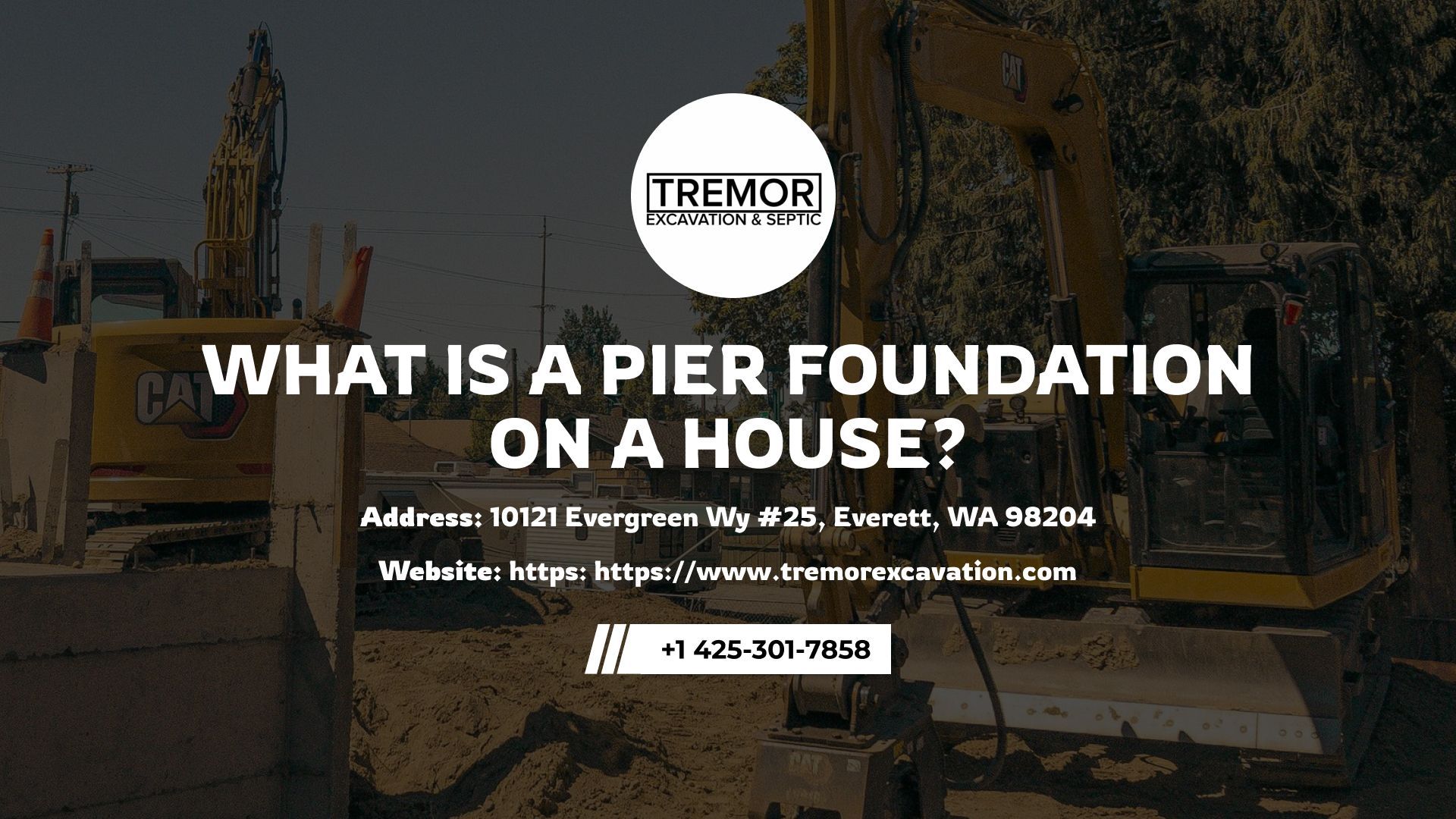How Much Does House Demolition Cost?
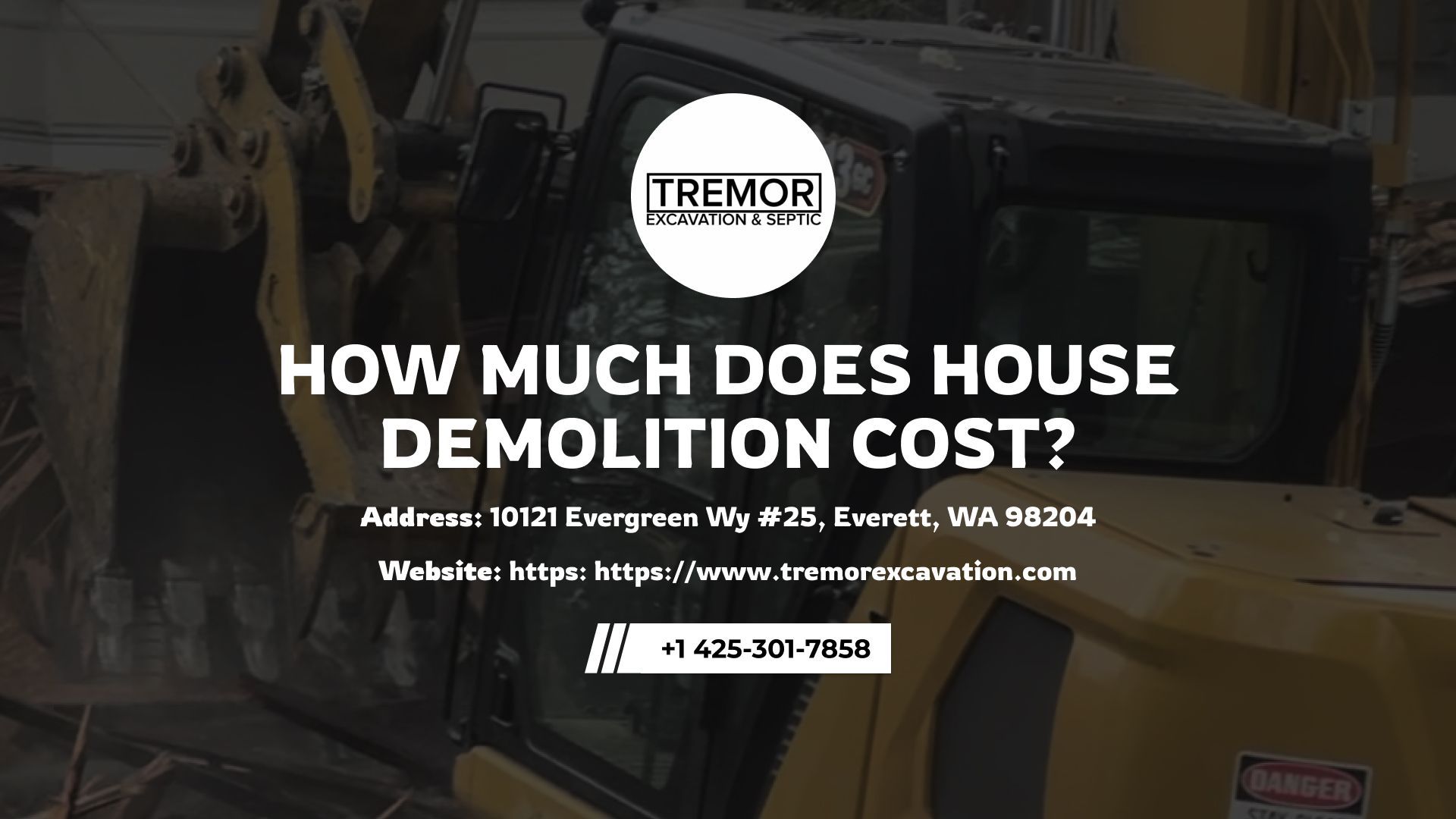
Tearing down a house can be overwhelming, especially when considering the budget. Permits, preparation, cleanup, and reconstruction are just a few of the factors. This guide will answer your question, “How much does house demolition cost?” and give you tips to make the demolition process go better.
Key Takeaways
- The average cost of house demolition ranges from $4,000 to $26,000
- Demolition is $4 to $12 per square foot, depending on materials and accessibility
- Hazardous materials handling, permit acquisition, and overall site prep can increase costs
- Reconstruction or land grading post-demolition can add thousands more
- DIY demolition may lower upfront costs, but it increases safety and legal risks
- Hiring pros not only cuts down on liability but also speeds things up
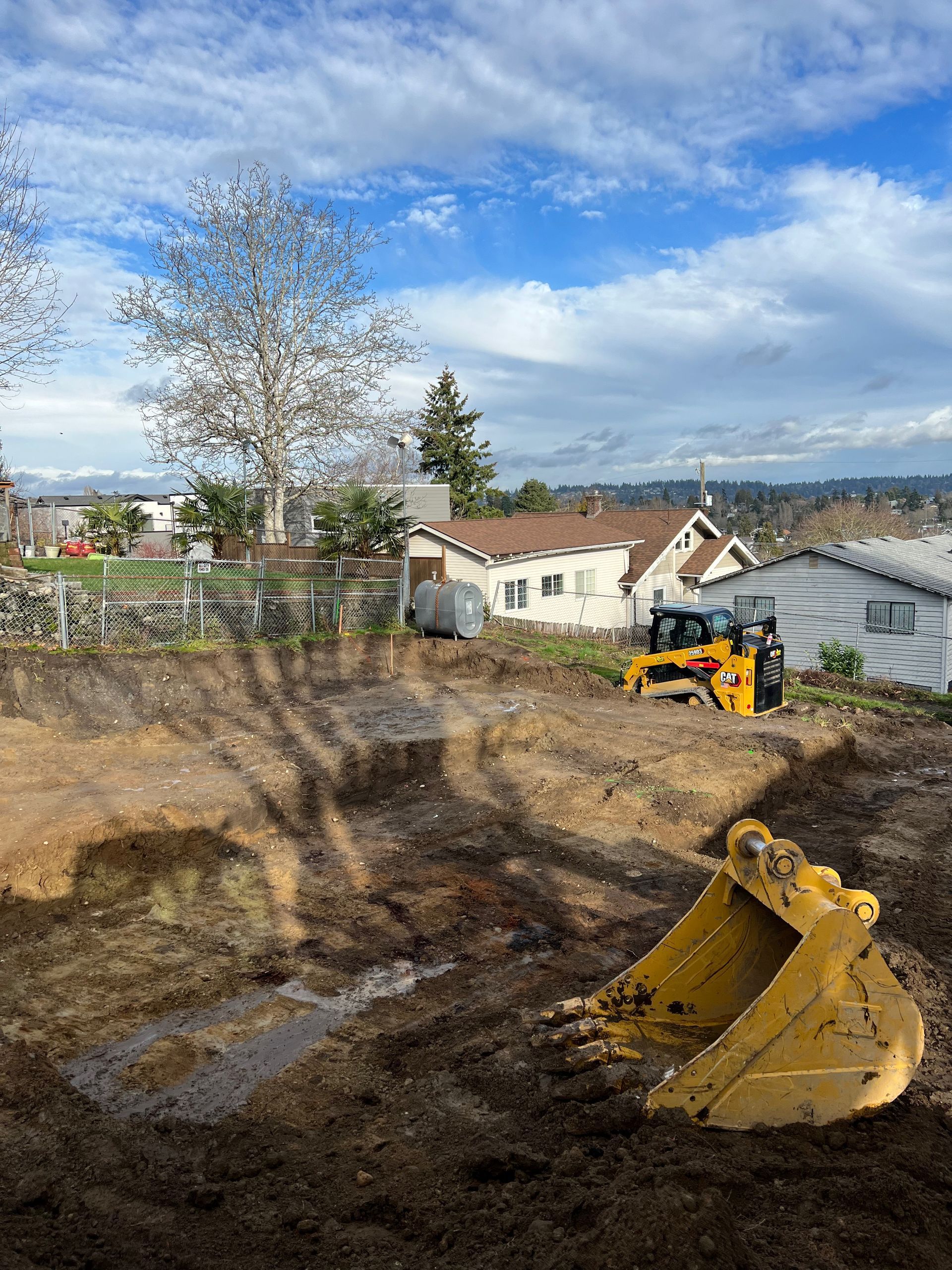
How Much Does It Cost To Demolish A House?
In the United States, the cost of demolishing a house typically ranges from $4,000 to $26,000, with an average price of around $19,000. Pricing often depends on the size and location of the home. Below are typical estimates based on square footage and regional averages.
Based on home size:
| Home Size | Estimated Cost |
|---|---|
| 1,000 sq ft | $4,000 – $12,000 |
| 1,500 sq ft | $6,000 – $18,000 |
| 2,000 sq ft | $8,000 – $24,000 |
| 3,000 sq ft | $12,000 – $36,000 |
Based on the state:
| State | Average Cost |
|---|---|
| California | $9,000 – $16,000 |
| Texas | $6,000 – $12,000 |
| New York | $12,000 – $20,000+ |
| Florida | $7,000 – $13,000 |
| Illinois | $8,000 – $15,000 |
| Georgia | $5,000 – $9,000 |
Factors That Influence House Demolition Costs
Several on-site conditions can raise or lower these estimates. The following explains the primary factors that affect the pricing of demolition.
- Size and Structure Type: Larger homes or those with basements and multiple stories take longer to demolish and clean up.
- Permits and Regulations: Demolition often requires city permits and inspections, especially in historic or high-density areas.
- Location and Accessibility: Urban areas or tight job sites make access to machinery more challenging and may require additional labor.
- Environmental Considerations: Tree protection, erosion control, and runoff rules can add extra preparation work.
- Hazardous Material Removal: Older homes may contain asbestos or lead paint, which require regulated removal processes.
- Waste Disposal: Increased debris means more effort is needed for hauling, removal, and sorting, especially if the material is concrete or roofing.
- Machinery and Equipment: The tools used depend on the structure and site, with larger machines typically finishing faster.
- Site Preparation and Utility Termination: Safe utility shut-offs are required before demolition, and some require advanced access arrangements.
Additional Costs After House Demolition
Several follow-up steps can add significant costs depending on your goals for the property.
- Rebuilding On-Site: Starting fresh with a new home build adds major costs. This includes architectural design, construction materials, labor, and permits.
- Land Sale or Grading: Before selling the lot, grading or light landscaping may be needed to improve resale value. Buyers are more drawn to clean, level sites.
- Asbestos Follow-Up: For homes that had asbestos, post-removal testing and clearance reports are often required before rebuilding can begin.
- Basement Tear-Out: If the house had a full basement, removing the below-grade structure adds extra labor and disposal work. The cost depends on the amount of concrete and reinforcement used.
Other Types Of Home Demolition
Besides cost, the method you choose also affects timing, sustainability, and material recovery. These are the most common choices available:
- Full Demolition: This means tearing down the whole building, including the foundation. It's best for total rebuilds or when a building isn't safe.
- Partial Demolition: Removes specific sections, like a garage, porch, or interior wall, often seen in remodels.
- Deconstruction: This approach involves taking the home apart carefully to reuse materials. It's more time-consuming and expensive than regular demolition. But deconstruction saves tax and reduces waste.
What’s The Cheapest Way To Demolish A House?
DIY demolition is the lowest-cost option, but comes with the greatest challenges. If you're wondering, “How much to demolish a house by myself?”, the short answer is: less money upfront, more complexity overall.
While you can save on labor costs, here’s what DIY demolition involves:
- Permits And Compliance: Even DIY projects require approved permits and adherence to local building codes.
- Equipment Rental: Excavators, dumpsters, safety gear, and hand tools all add to your budget.
- Safety Risks: Without proper training, there's a high chance of injury, structural accidents, or code violations.
- Legal And Financial Liability: As the homeowner, you’re responsible for any damage, environmental hazards, or utility mishaps.
Pro Tip:
Hiring a licensed demolition contractor may cost more upfront, but it often saves time, reduces liability, and ensures faster permitting, safer teardown, and proper debris removal, making it the smarter long-term option.
Book House Demolition Contractors Near Me
Plan to demolish a house? Avoid delays and safety problems by hiring a trusted licensed crew. At Tremor Excavation & Septic, we take care of everything from permits, utility disconnection to cleanup. Contact us for demolition service today and get your project started safely.
FAQs
How much does it cost to demolish a 1,500 sq ft house?
Prices usually range from $6,000 to $20,000, with an average cost of $4 to $12 per square foot.
Is house demolition covered by insurance?
Insurance may cover demolition after fire or flood. Planned or elective demolitions are usually not covered.
Can I demolish my house myself?
Yes, but legally restricted. Permits, safety gear, and safety codes make DIY dangerous. Professionals are safer and often cheaper in the long run.
How do I calculate demolition costs?
To calculate the cost of demolition, multiply your home's square footage by the prevailing demolition cost per square foot. It is based on location and building type.
How do I prepare my house for demolition?
Remove personal items. Disconnect water, gas, and electricity. Fence the property and clear the access path for equipment.
